Could Israel’s calculus for war be shifting to escalation?
A broader regional conflict would recast Israel as a victim surrounded by multiple enemies, reversing the current dynamic and possible regaining moral legitimacy.
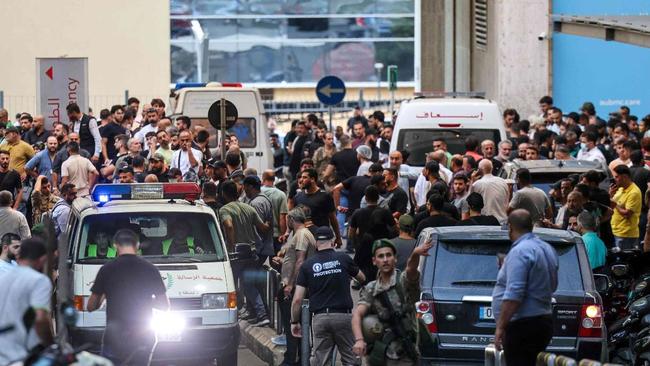
In a 2013 film, Avraham Shalom Bendor – the former head of Israel’s internal intelligence agency, Shin Bet – observed that when Israel began treating the Palestinian question as primarily a terrorism problem, “terror became more sophisticated, and so did we. Suddenly we had a lot of work in Gaza and the West Bank, and overseas too.” Political leaders focused relentlessly on incident numbers: “How many people were caught? How many informers were there? How many attacks were prevented, how many weren’t? The picture was always rosy, but it was point-specific: there was no strategy, only tactics.”
Shalom died in 2014, so it’s difficult to know what he would make of this week’s attacks on Hezbollah in Lebanon, which employed explosive charges hidden in thousands of pagers and handheld radios used by Hezbollah operatives, and detonated remotely via text message. The mass explosions, in two separate waves a day apart, killed at least 31 people, wounded more than 3000, blinded Iran’s ambassador to Lebanon, and temporarily disabled Hezbollah’s command-and-control system, which had come to rely on pagers and walkie-talkies, seen as harder to track than mobile phones.
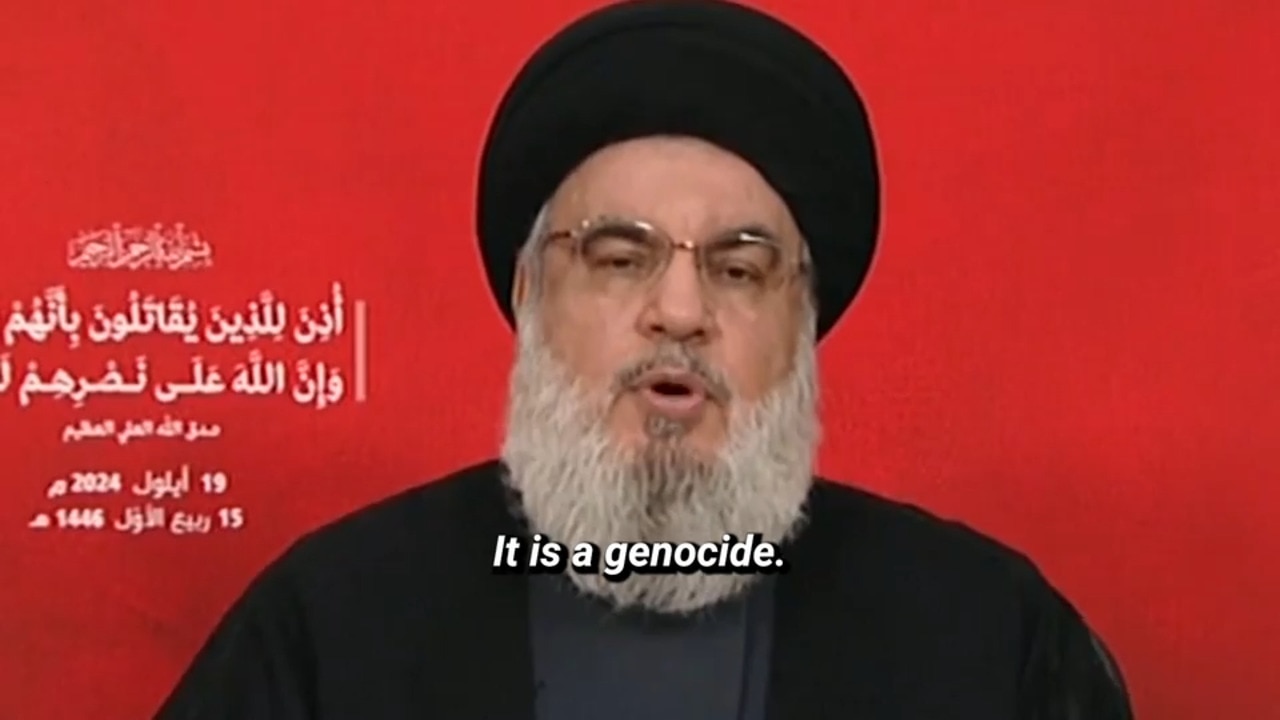
Israel has not officially acknowledged the attacks, though many observers (including Israeli media outlets) attribute them to Israel’s overseas intelligence service, Mossad.
Like its sister service, Shin Bet has a long history of complex, technically sophisticated attacks. As long ago as January 1996, for example, Israel’s internal intelligence service allegedly used a booby-trapped, remotely detonated mobile phone to kill prominent Hamas bombmaker Yahyah Ayyash. The killing of Ayyash brought a severe backlash, with 78 Israelis killed in retaliatory suicide bombings within two months of the bombmaker’s death.
This week’s attacks, likewise, were technologically sophisticated and tactically brilliant, but their larger strategic purpose seemed less clear.
To be sure, for several weeks the Israel Defence Forces have been telegraphing their intention to intensify the conflict against Hezbollah, ramping up strikes into Lebanon that have now killed hundreds of Lebanese, in retaliation for Hezbollah missile attacks on northern Israel. Israeli Defence Minister Yoav Gallant announced a new phase in the conflict this week, shifting paratroops and other elite units to the northern front in the immediate aftermath of the pager and radio attacks.
Overnight on Thursday, the IDF also launched its largest air strike into Lebanon since the beginning of the current war.
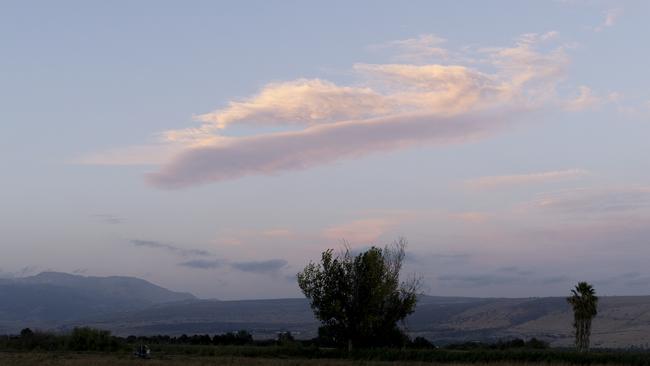
It would make sense for Israel to disable Hezbollah’s command-and-control network, as the pager attacks seem to have done, as a shaping move ahead of an IDF incursion into Lebanon. But no such incursion has yet occurred, and Hezbollah is now likely to recover from any temporary disruption before one can be launched.
Some Israeli analysts have suggested the attacks were intended as a preliminary strike to be co-ordinated with a ground invasion, but that Hezbollah counterintelligence detected the explosives, prompting Israeli commanders to order their immediate detonation on the principle of “use it or lose it”.
At the campaign level, it makes operational sense for Israel to shift its effort northward. Now that combat operations in the Gaza Strip are settling into a steady-state pattern of repetitive raiding rather than large-scale manoeuvre, fewer troops are needed in the south, freeing IDF units to redeploy.
Tens of thousands of civilians have been displaced from multiple settlements across Israel’s north, due to rocket fire from Hezbollah, so there is a political imperative to push Hezbollah back from the UN-drawn “Blue Line” that marks the disputed border between Israel and Lebanon, thereby reducing the reach of Hezbollah’s rockets into Israeli territory.
Under UN Security Council Resolution 1701, which was intended to resolve the 2006 Israel-Hezbollah War, Israeli troops pulled out of southern Lebanon and were replaced by UN peacekeepers, patrolling an area between the Blue Line and the Litani River, approximately 30km to the north.
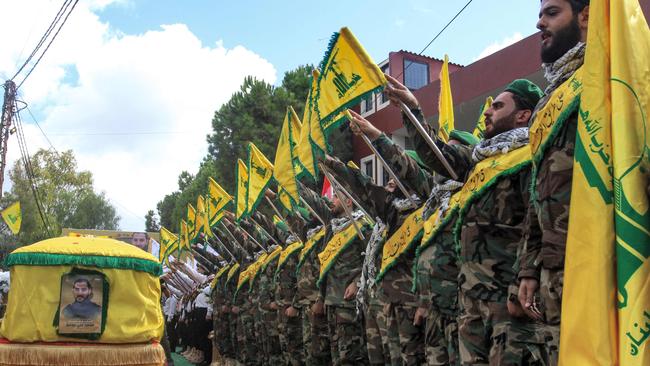
Hezbollah was also required to withdraw north of the Litani, creating a demilitarised buffer zone controlled by the UN and the Lebanese Army (which is separate from and nominally independent of Hezbollah, and is funded by the US, among others).
Unlike Israel, Hezbollah has not honoured the 2006 agreement, retaining troop positions, weapon systems, fortifications, supply installations and a variety of military assets in the zone. It has constructed tunnels under the Blue Line, allowing it to infiltrate raiding teams into Israeli territory, and it launches rockets, missiles and mortar bombs into Israel regularly.
Since the start of the war in Gaza the intensity of these rocket launches has increased substantially.
An attack on Hezbollah command-and-control systems would thus make sense as a way of disrupting the group ahead of an Israeli incursion into the area south of the Litani, which in turn would push Hezbollah rocket launch sites further north across the river, and relieve pressure on towns in northern Israel.
But such an incursion would represent a massive military effort, involving thousands of troops, vehicles, artillery and aircraft, and requiring heavy expenditure of ammunition. And it may not succeed in relieving much, if any, pressure on northern Israel, since Hezbollah has an extensive arsenal, numbering at least 150,000 rockets and missiles, including many with sufficient range to strike almost anywhere in Israel, even if fired from north of the Litani. So, a limited incursion may not actually achieve its objective.
It would also represent an extremely significant escalation in a conflict that is teetering on the edge of an all-out regional war. Both Hezbollah and its major sponsor, Iran, have been reluctant to escalate the conflict, with Hezbollah leader Hassan Nasrallah emphasising that the group does not want a war, but would be prepared to fight one if necessary.
Israel, too, has generally sought to avoid a wider conflict, but recent Israeli actions – including this week’s pager and radio attacks, a commando raid into Syria, and targeted killings in Beirut and Tehran – indicate that its calculus may be changing.
If, indeed, Israel is shifting toward escalation, this could be driven by several factors. One, ironically, might be the international opprobrium directed at Israel as a result of the Gaza war. Earlier this week, the UN General Assembly passed a resolution condemning Israel and calling for its withdrawal from all Palestinian territories, with only 14 countries voting against the resolution, and many US allies, including Australia, abstaining.
In its current form, the war pits a larger, more powerful Israel against a smaller Hamas and a vulnerable civilian population in Gaza.
But a wider war would reverse this dynamic, with little Israel now beleaguered on all sides by multiple enemies. From being seen as an aggressor against Gaza, Israel could recast itself as a victim, defending against attacks from Iran and its allies, and thereby regain moral legitimacy after almost a year of war.

A second strategic factor for Israel might be the upcoming US election. A victory by Donald Trump in that election would bring to office an administration that many Israeli leaders regard as likely to be more favourably disposed toward Israel, less likely to impose limits on Israeli action, and more willing to supply weapons and other assistance with fewer political strings attached.
On the other hand, a Kamala Harris administration would likely continue current policies. Escalating to a regional conflict would lock in President Trump’s support if he is elected, while making it harder for an incoming president Harris to reduce US support.
Any of this would be a massive gamble for Israel’s Prime Minister, Benjamin Netanyahu, especially with the campaign in Gaza still unresolved, his political future at risk, and numerous Israeli hostages still held by Hamas. But given the difficult position in which he finds himself, a roll of the dice might seem to make sense.
On the other hand, with few strategic options, Israel might be allowing the logic of the battlefield – disrupting an enemy, “use it or lose it”, taking every opportunity to strike a blow at Hezbollah – to crowd out the broader strategic purpose. As Avraham Shalom might say, this could be “no strategy, only tactics”. The next few days and weeks will tell.
David Kilcullen served in the Australian Army from 1985 to 2007 and was a senior counterinsurgency adviser to General David Petraeus in 2007 and 2008, when he helped design and monitor the Iraq War troop surge. His 2015 essay Blood Year: Terror and the Islamic State won the 2015 Walkley Award for long-form writing and was published as a full-length book in 2016 by Oxford University Press.


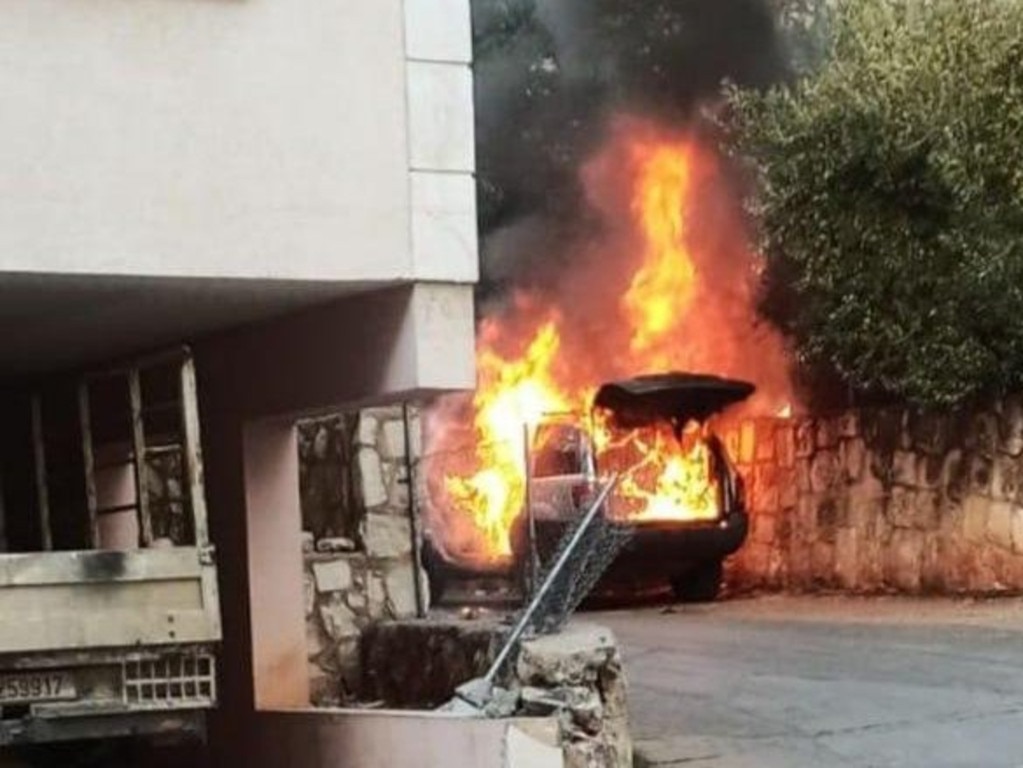
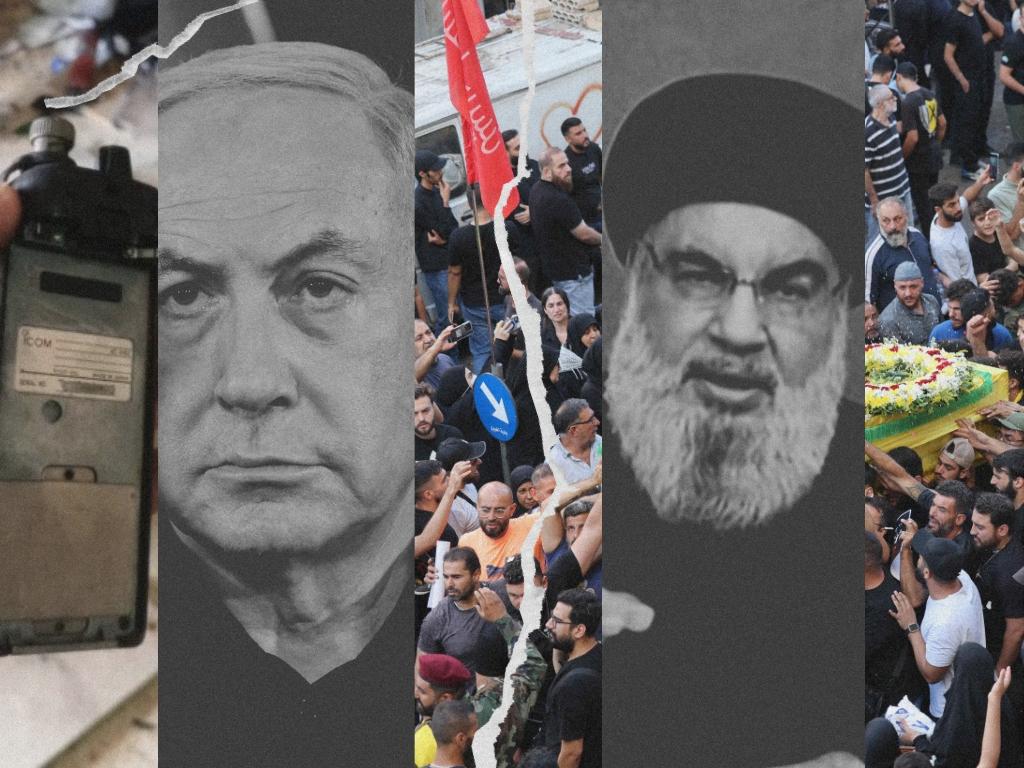
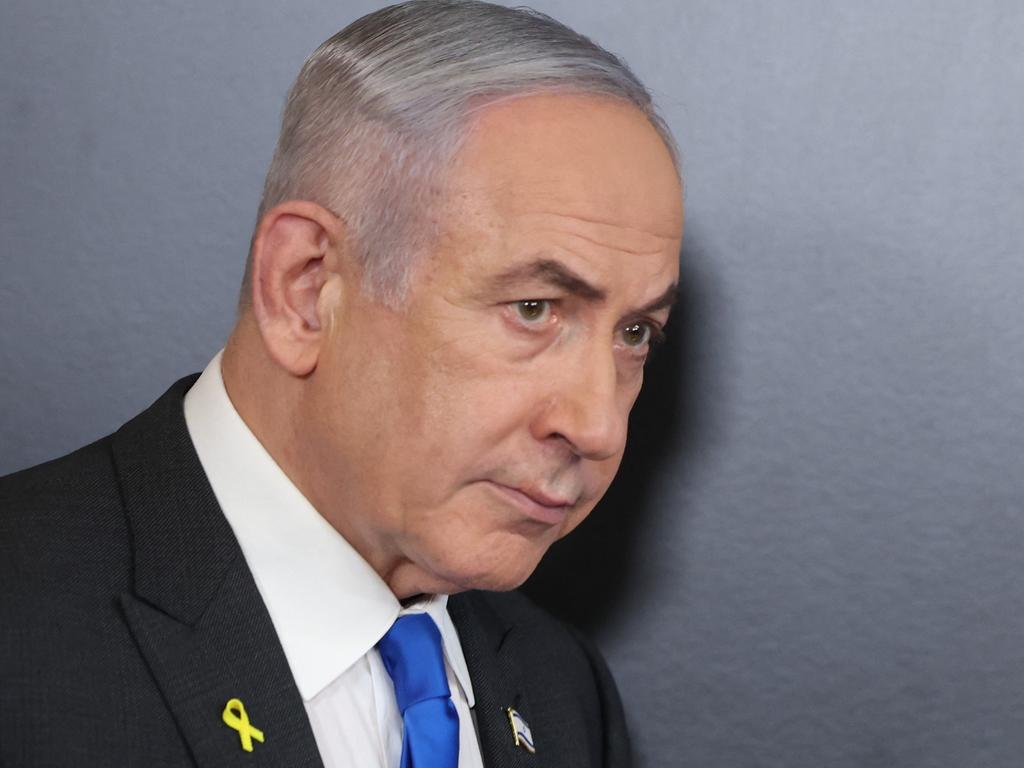



You can now listen to The Australian's articles. Give us your feedback.